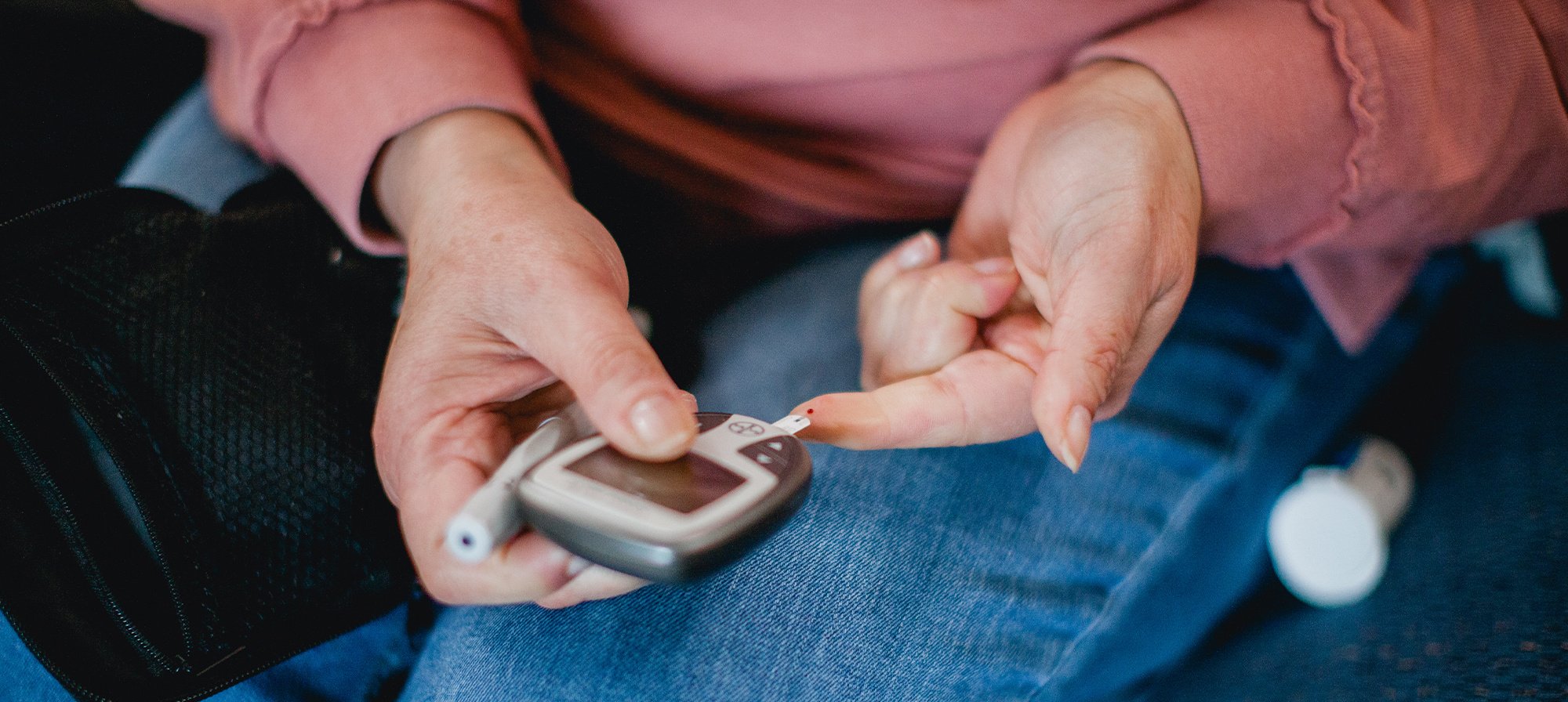Practicing good sleep habits can help you fall asleep—and stay asleep. Perhaps you’ve tried some? Cutting back on caffeine, taking a warm bath, and avoiding screen time in the hour before bed come to mind. Keeping your bedroom cool, comfortable, and dark are a few others. Deep breathing or meditation can help, too.
But maybe these or other sleep-inducing habits just haven’t worked for you. If so, there are 2 little-known sleep aids you may not have thought of: gratitude and forgiveness.
Research suggests that these 2 life skills may help calm an agitated mind, relax your body, and bring on sleep. Here’s a closer look at each of these skills, including how to strengthen them and how to use them to overcome insomnia.

How gratitude may help you sleep
Gratitude appears to work as a sleep aid in a couple of different ways. It can help shift a negative outlook to a more positive one. It can also help boost feelings of joy. Both of these benefits can, in turn, help calm an anxious mind.
One sleep study found that greater levels of gratitude helped lessen the negative thoughts that tend to take hold at bedtime in depressed people. Those with higher gratitude therefore fell asleep more quickly, slept more deeply, and slept for longer durations.
Shifting your bedtime thoughts away from your troubles and toward the good things about your life may be the key to how gratitude helps you get to sleep.

Ways to use gratitude to get to sleep
If you tend to dwell on life’s problems as soon as your head hits the pillow, give this bedtime gratitude exercise a shot.
Try to shift your thoughts away from what’s causing you to worry. Focus instead on what’s good in your life. Make a running mental list of each positive thing, small or large, that you feel grateful for. This could be a loving spouse, the roof over your head, your good health, or even a car that runs well. Really focus on these gifts in a mindful way. Think about how comfortable, easy, or happy they make your life.
You can try this gratitude exercise in a more focused way, too. For instance, say a minor problem you’re having with a good friend is nagging your thoughts and keeping you awake. Try to shift your focus from that problem to 2 or 3 aspects of this friendship that are more rewarding and meaningful to you. Maybe that’s the caring support you and this friend have given each other over the years. Or, think about all the wonderful conversations, laughs, and experiences you’ve shared.
Look at the big picture of your friendship instead of focusing only on the problem you’re having. If your friendship has stood the test of time, this problem is most likely one you can resolve, right? As you think of all the aspects of this friendship you are grateful for, say an internal “thank you” for each one and for what this friend truly means to you.
There are other ways you can build a more grateful mindset in general. Keeping a gratitude journal of all your life’s blessings, big and small, is one such tool.
You can use the journal to jot down all the good things that happen to you each day. Or you can write down all your blessings in general.
Gratitude doesn’t mean you need to see your life as perfect. It means appreciating the good things—in a meaningful way—and not focusing only on the bad.

Forgiveness may also help you sleep
Research suggests that forgiving others, including yourself, may ease feelings of anger, resentment, and regret. It’s easy to get stuck on these feelings while lying in bed. But that kind of angst is likely to keep you awake for hours.
Forgiving yourself or others can ease such feelings and foster a sense of peace. That, in turn, may help quiet your mind and lull you to sleep.

Finding the path to forgiveness
Forgiving someone who has hurt you is not easy, especially if it is someone you care deeply about. But the health benefits of releasing the anger, hurt, and resentment go beyond improving your sleep. Forgiveness may help ease stress, lower blood pressure, and improve immunity.
Keep in mind that forgiving the other person does not mean you excuse their hurtful behavior. It means letting go of the anger and resentment you feel. Doing so can help ease upset emotions and calm your mind, setting the stage for a better night’s sleep.
Here are a few tips for helping you move toward a more forgiving mindset:
- First, notice and accept the feelings you have as normal and OK.
- Pay attention to how those feelings impact your mood, behavior, and sense of well-being. Then tell yourself to let these feelings go.
- Make a pledge to forgive—but not excuse—the other person.
- Decide that you will no longer allow the person, the event, or the harm done to you to control your thoughts, feelings, or well-being.
- Don’t let your forgiveness depend on the other person admitting their wrongdoing or apologizing. This is about you, not them.
- Give yourself time. Forgiving someone does not happen overnight. And you may have to repeat the steps above more than once.
You can see how both gratitude and forgiveness can ease stress, anxiety, and upset feelings—all of which tend to grab hold of your mind when you lie down to go to sleep.
So, if such thoughts and feelings are keeping you awake, give these tools a try. Besides helping improve your sleep, they may help enhance your overall health and well-being. But if you find you’re still struggling to get enough quality sleep, make sure to talk with your doctor.
And don’t forget about sleep’s counterpart: rest and relaxation! Find out why taking some time out of your busy day to relax has its own unique set of benefits.
Not a Silver&Fit® member? Learn more about everything the program has to offer, including more helpful healthy living tips like this, here on our website.
This information is not intended to take the place of regular medical care or advice. Please check with your doctor before using this information or beginning any self-care program. Images used for this article do not depict any members of the Silver&Fit Program.
References
Alkozei, A., Smith, R., Kotzin, M. D., Waugaman, D. L., & Killgore, W. D. S. (2019). The association between trait gratitude and self-reported sleep quality is mediated by depressive mood state. Behavioral Sleep Medicine, 17(1), 41–48. https://doi.org/10.1080/15402002.2016.1276017
Irish, L. A., Kline, C. I., Gunn, H. E., Buysse, D. J., & Hall, M. H. (2016). The role of sleep hygiene in promoting public health: A review of empirical evidence. Sleep Medicine Reviews, 22, 34–36. https://doi.org/10.1016/j.smrv.2014.10.001
Mayo Clinic. (2022, November 2). Forgiveness: Letting go of grudges and bitterness. https://www.mayoclinic.org/healthy-lifestyle/adult-health/in-depth/forgiveness/art-20047692
Palagini, L., Moretto, U., Dell'Osso, L., & Carney, C. (2017). Sleep-related cognitive processes, arousal, and emotion dysregulation in insomnia disorder: The role of insomnia-specific rumination. Sleep Medicine, 30, 97-104. https://doi.org/10.1016/j.sleep.2016.11.004
Robinson, L., Smith, M., & Segal, R. (2022, December 5). Insomnia: Symptoms, causes, and treatment. HelpGuide. https://www.helpguide.org/articles/sleep/insomnia-causes-and-cures.htm
Stoia-Caraballo, R., Rye, M. S., Pan, W., Kirchman, K. J. B., Lutz-Zois, C., & Lyons, A. M. (2008). Negative affect and anger rumination as mediators between forgiveness and sleep quality. Journal of Behavioral Medicine, 31, 478–488. https://doi.org/10.1007/s10865-008-9172-5
Toussaint, L., Gail, A. J., Cheadle, A., & Williams, D. R. (2020). Let it rest: Sleep and health as positive correlates of forgiveness of others and self-forgiveness. Psychological Health, 35(3), 302–317. https://doi.org/10.1080/08870446.2019.1644335
University of Massachusetts, Dartmouth. (n.d.). The importance of gratitude. https://www.umassd.edu/counseling/for-parents/recommended-readings/the-importance-of-gratitude/
Wood, A. M., Joseph, S., Lloyd, J., & Atkins, S. (2009). Gratitude influences sleep through the mechanism of pre-sleep cognitions. Journal of Psychosomatic Research, 66(1), 43–48. https://doi.org/10.1016/j.jpsychores.2008.09.002
This article was written by Gail Olson, edited by Jason Nielsen, and clinically reviewed by Elizabeth Thompson, MPH, RDN.





